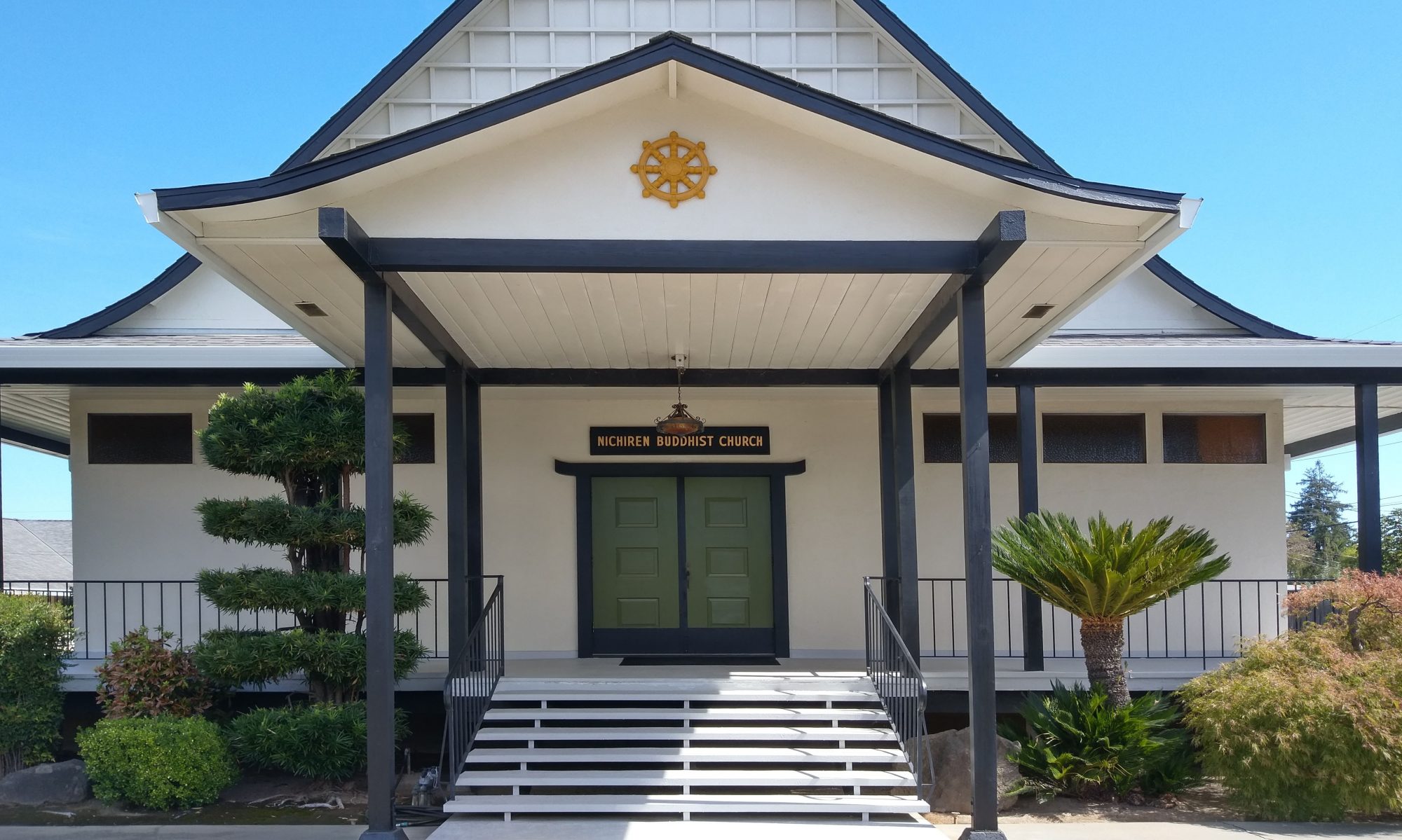Right now, at this moment, we are living our life as human beings. However, there are those that are tired of living a life as a human being, which is a depressing prospect. Buddhists emphasize the teaching of “transmigration,” which is the process of reincarnating through the many stages of the suffering world. We are not randomly born as humans, but are here right now due to the cause and effects created during the numerous past lives that we have lived. Through every reincarnation, we accumulate such actions, which lead us to this present moment. Living this life as a human being is important because the realm of humans is the only escape route from this suffering world. If we think of it this way, it would be unfortunate to waste our whole lifetime in this manner, when such an opportunity is a possibility.
Sakyamuni Buddha expresses the necessary graciousness involved in us being born as human beings in the following manner: “It is hard to be born as a human being. It is hard enough to provide life to those that have already lived in this suffering world—thus reincarnation. It is hard to meet the right teaching.” This quote states how while being born as a human being should be considered a benefit, at same time, it is hard to find the right teaching and follow the right teaching in the expected time period that every individual has in every life. To be able to accomplish this goal is difficult and thus to know that you may repeat this process of self-discovery and continued training in the next life is an interesting idea to consider.
In the Buddhist form of transmigration, it is stated that there are six realms of the suffering world. By ordering the levels of suffering from the least to the greatest, it would be the following. First and foremost, heaven consists of the least suffering. The second is the realm of men or rather us, human beings. Third is ashura, individuals who always desire to fight. Next is the realm of animals, followed by hungry spirits. Lastly, hell, is the realm with the most suffering. The last three realms obviously involve the most suffering and are thus known as the three evil paths. In order to avoid such realms it is stated that we must make benefits through good deeds. Once you fall into these three evil paths, it is said to be difficult to escape such realms and to be born in the realm of human beings is impossible. In realm of hungry spirits and the realm of animals, it is quite hard to accumulate good deeds and make benefits in the way that human beings can. No matter how many times the individual goes through reincarnation and no matter how many lives they live, it is hard for them to be born a human being. However, it is possible for the individual to fall into the sub-realm of hell, abi, the lowest of hell where the sinners suffer interminable pain.
The idea that humans are the only individuals able to escape the suffering world was created from such reasoning. Thus, human beings are only individuals with the possibility of obtaining emancipation from the six realms of the suffering world. Many of you may be wondering if being born as human being is much more beneficial than being born into the realm of heavenly beings. The answer to that is yes. It is more beneficial to be born as human beings due to the following reasons. When we are born into the world of heavenly beings, we have the physical body that we use and that enables us to create benefits and move up the ladder to better realms. However, in world of heavenly beings, without our body, we are unable to create benefits that we created as human beings. It is true that individuals born into heaven live a rather relaxed life; however, emancipation from the suffering world is not a possibility. Thus, as a result, we are able to live in heaven through using up our benefits. When we use up all of the good deeds that we have accumulated, we are forced to return to the different realms, including that of the realm of human beings and create benefits once again to move up that ladder, creating the possibility of obtaining enlightenment and escaping from the six suffering realms once and for all. As human beings we are underneath the realm of individuals in heaven, however, if we think of this idea of such ability and opportunity to practice through finding the right teaching we are actually very lucky to be born into this realm. Such opportunity is only provided to human beings.
This is why, as stated in “verses for opening the sutra” or kaikyoge that we chant during the service, we must understand the gratitude that we must have towards being born into this realm and meeting the teaching of Buddhism to provide us with the opportunity to escape the suffering world once and for all.
Ven. Kenjo Igarashi
November/December 2020
